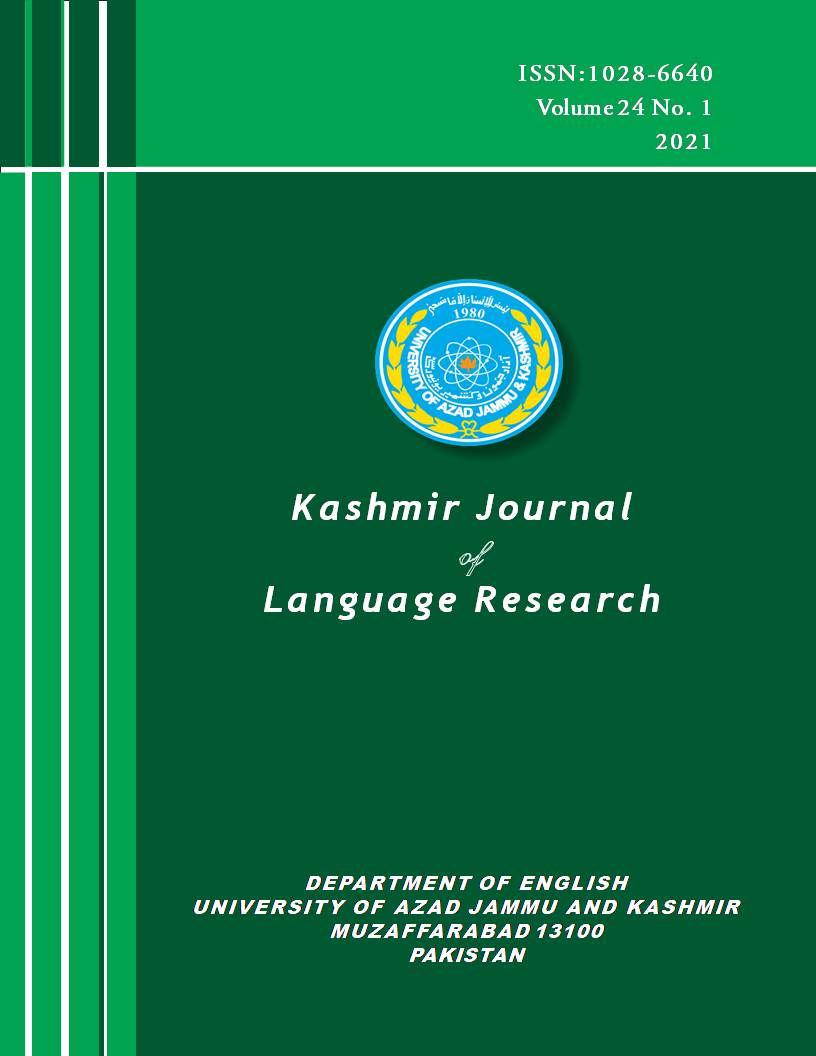Discourse and Power: A Foucauldian Analysis of Samira Ahmed’s Internment
Keywords:
Internment, Islamophobia, Foucault, discourse, power, instrument, subvertAbstract
The present study takes a look at Samira Ahmed’s novel, Internment, to analyze discourse as an instrument used by American elites to influence the masses and exploitthe Muslims living in America. Furthermore, the study showshow discourse becomes a weapon of resistance used by Muslims against their persecutors as well. This qualitative thematic analysis utilizes Foucault’s theory on the relationship of discourse and power. It confirms that discourse and power are interdependent in the sense that each produces and is produced by the other. This means that discourse is not only the result of power but also a tool for exercising that very power. The ones who possess power also possess the privilege to use discourse as they desire while the same discourse enables them to maintain that power over people by shaping their knowledge and perception of reality. Furthermore, it indicates that in addition to producing power, discourse can also become a means to thwartit. This study reveals that the Camp Director and the President in the novel, Internment, use discourse
as a means to exercise their power as well as to maintain control over people. On the other hand, the Muslims use discourse to undermine the authority of the Director and the President be revolting against them and ultimately winning freedom for themselves.

Downloads
Published
Issue
Section
License
Copyright (c) 2021 Kashmir Journal of Language Research

This work is licensed under a Creative Commons Attribution 4.0 International License.




